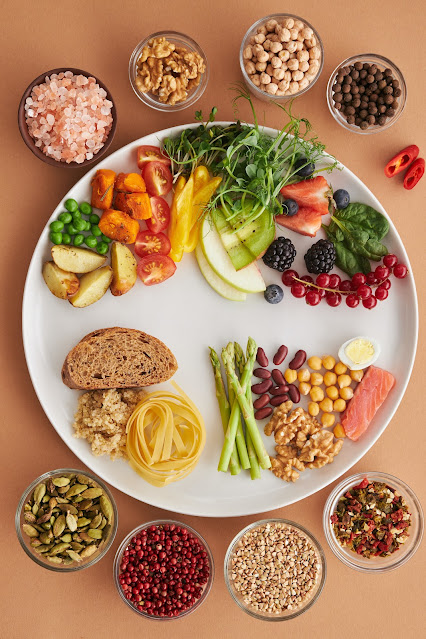Unlocking the Properties of Zinc: Exploring its Health Benefits and Importance
Zinc, an essential mineral, plays a crucial role in various bodily functions. From supporting immune health to aiding in wound healing and promoting optimal growth and development, zinc is a mineral that should not be overlooked. In this article, we delve into the health benefits of zinc and highlight its significance in maintaining overall well-being.
Zinc is involved in numerous physiological processes, making it essential for optimal health. It plays a key role in supporting immune function, DNA synthesis, cell division, and protein synthesis. Additionally, zinc is vital for proper growth and development, as well as for maintaining healthy skin, hair, and nails.
Zinc is known for its immune-boosting properties. It helps stimulate the production and activity of immune cells, such as T-cells and natural killer cells, which play a crucial role in defending the body against infections and diseases. Adequate zinc levels are essential for a robust immune response.
Zinc is involved in all stages of the wound-healing process. It promotes collagen synthesis, a key component of connective tissues that helps in wound closure. Additionally, zinc possesses antimicrobial properties, which aid in preventing infection and promoting faster healing.
Zinc plays a vital role in maintaining cognitive function and supporting brain health. It is involved in neurotransmitter regulation and synaptic plasticity, which are important for learning, memory, and overall cognitive performance. Adequate zinc levels are associated with improved cognitive function and reduced risk of age-related cognitive decline.
Zinc is essential for reproductive health in both men and women. It plays a critical role in sperm production, testosterone synthesis, and overall male fertility. In women, zinc is involved in ovarian function, egg development, and hormone regulation. Ensuring sufficient zinc intake is crucial for optimal reproductive health.
Including zinc-rich foods in your diet is essential for meeting your body's zinc requirements. Good sources of zinc include oysters, beef, chicken, nuts, seeds, legumes, and whole grains. However, for individuals with limited zinc intake from diet alone, zinc supplements can be considered under the guidance of a healthcare professional.
Zinc is an indispensable mineral that plays a vital role in numerous bodily functions. From supporting immune health and promoting wound healing to enhancing cognitive function and maintaining healthy skin and hair, zinc offers a wide range of benefits. Ensuring adequate zinc intake through a balanced diet and, if necessary, supplementation can help optimize your overall well-being.

.jpg)



Comments
Post a Comment